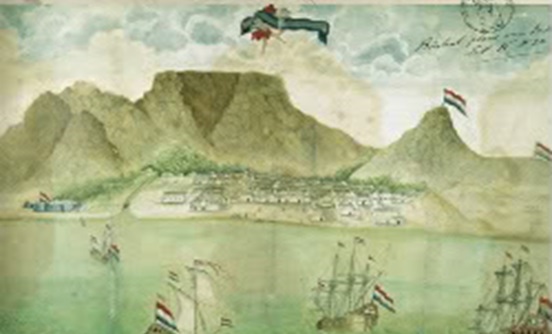Slavery, Race and Citizenship: the ambiguous status of Freed Slaves at the Cape in the 17th and 18th centuries
By:
Susan Newton-King
Date:
Tue, 01/03/2016 - 18:00
Venue:
SA Astronomical Observatory auditorium
Branch:
Western Cape
The presentation will explore the ambiguities surrounding the social and legal status of manumitted slaves in the Cape Colony in the early eighteenth century. It reviews the historiography of the subject, showing how views changed in the 1980s, when the work of historians writing in Afrikaans was largely ignored by a new group of ‘revisionist’ historians writing in English. The historians writing in Afrikaans had concluded that, at least until the 1720s, freed slaves (known as ‘free blacks’ in the parlance of the time) had, for all practical purposes, the same social and legal status as other free people, most of whom were designated ‘free burghers’. They were not treated as a separate group and their children and grandchildren, especially those born of mixed relationships between freed slaves and European immigrants, were absorbed into the settler community as equals. This made the Cape similar to Batavia in its integration and assimilation of Asians and Eurasians who adopted Christianity and the Dutch language.
In the 1980s a new group of historians, writing in English, began to argue that, with respect to the assimilation of freed slaves, the Cape was in fact far more like the United States than it was like Dutch territories in South East Asia or the Portuguese colony of Brazil. Thus the editors of the influential 1979 essay collection, The Shaping of South African society, 1652 – 1820 concluded that Europeans at the Cape rapidly developed a strong and exclusive sense of group identity and were reluctant to admit non-Europeans to their ranks. It followed that the origins of racial domination in South Africa could be traced back to the Dutch period at the Cape.
My talk reviews the evidence on both sides of this debate and concludes that, in the main, the earlier historians were right. It was not that early Cape colonial society was colour blind, or free of virulent colour prejudice; but colour was not the only or even the main determinant of social status.

The Cape VOC settlement c. 1710, possibly drawn by Van Stade.
Image courtesy Susan Newton-King.
In the 1980s a new group of historians, writing in English, began to argue that, with respect to the assimilation of freed slaves, the Cape was in fact far more like the United States than it was like Dutch territories in South East Asia or the Portuguese colony of Brazil. Thus the editors of the influential 1979 essay collection, The Shaping of South African society, 1652 – 1820 concluded that Europeans at the Cape rapidly developed a strong and exclusive sense of group identity and were reluctant to admit non-Europeans to their ranks. It followed that the origins of racial domination in South Africa could be traced back to the Dutch period at the Cape.
My talk reviews the evidence on both sides of this debate and concludes that, in the main, the earlier historians were right. It was not that early Cape colonial society was colour blind, or free of virulent colour prejudice; but colour was not the only or even the main determinant of social status.

The Cape VOC settlement c. 1710, possibly drawn by Van Stade.
Image courtesy Susan Newton-King.